Alberta won’t call inquiry, and there will be no further review into two women wrongfully convicted of murder
Alberta’s Department of Justice says it will not call an inquiry into how two women, Connie Oakes and Wendy Scott were wrongfully convicted for the 2011 murder of Casey Armstrong in Medicine Hat, Alta.
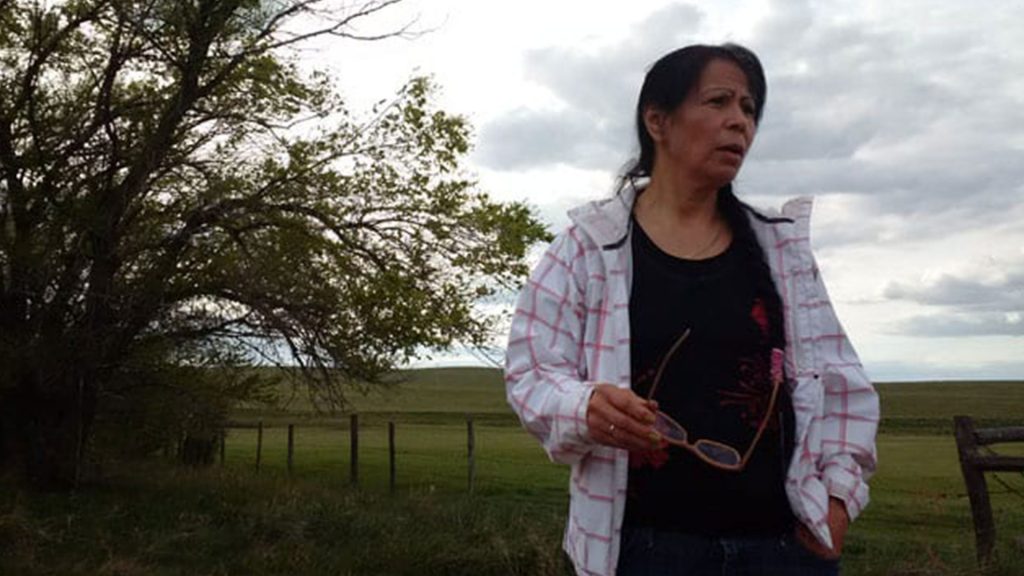
Alberta’s Department of Justice says it will not call an inquiry into how two women, Connie Oakes and Wendy Scott were wrongfully convicted for the 2011 murder of Casey Armstrong in Medicine Hat, Alta.
“The Alberta Crown Prosecution Service continually conducts an internal review of all cases being prosecuted against the prosecution standard of reasonable likelihood of conviction and public interest in prosecuting,” wrote Katherine Thompson, communications advisor to Justice Minister Kathleen Ganley. “In these two cases, following a thorough review, the Alberta Crown Prosecution Service entered stays of proceedings against both Connie Oakes and Wendy Scott.
“No further review of these cases will be conducted.”
Connie Oakes, a Cree mother from the Nekaneet First Nation in Saskatchewan was convicted by a jury of second-degree murder in the death of Armstrong.
The only evidence the Crown had against Oakes was the testimony of Wendy Scott, a woman who, over the course of three police interrogations, told police repeatedly that she was lying to them and has an IQ of about 50.
Medicine Hat Crown Prosecutor Andrea Dolan put the weight of the trial on Scott`s shoulders and took Oakes to trial.
“I think the community is safer,” Dolan told APTN in a 2014 interview. “I have no concerns with respect to the process and how it worked. I think the process worked in this situation.”
But even on the stand, Scott, who pleaded guilty to the murder and had her sentence reduced to life with 10 years, could not keep her story straight.
Despite no DNA, murder weapon or hard evidence, the jury came back with a guilty verdict and recommended that Oakes receive the harshest sentence available.
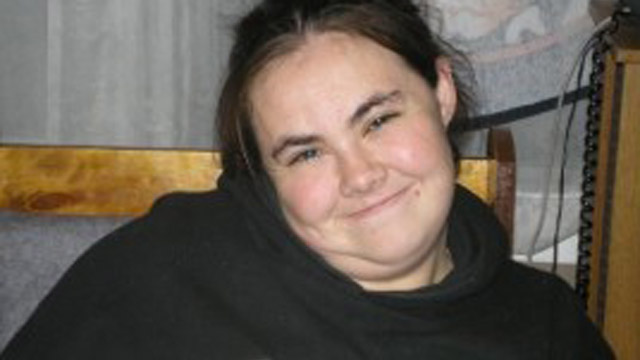
Senator Kim Pate was following the case from beginning to end.
“It is in the public interest that they release the results of that review,” said Senator Kim Pate. “Particularly the analysis of what went wrong and why, in addition to recommendations to police, crown prosecutors and others as to how to prevent similar future miscarriages of justice.”
Before becoming a senator, Pate was the president of the Association of Elizabeth Fry Societies (AEFS), an organization that advocates on behalf of women involved in the justice system.
Pate has continued to advocate on Oakes behalf and called on Alberta to put an inquiry in place to look at the two wrongful convictions.
“Given the impact of so many lives, certainly on Connie Oakes and her family, as well as Wendy Scott and the family of Mr. Armstrong, they and we deserve to know what happened, how it happened and why it happened,” said Pate.
In an affidavit sworn by Scott, she suggested that police interrogators told her she would “go down as a monster” and face a 25-year prison sentence if she didn’t implicate Oakes in the murder of Armstrong.
Armstrong, 49, was found dead and fully clothed in the bathtub of his Medicine Hat trailer with a puncture wound through the neck that nearly decapitated him. Police never found the murder weapon or the source of a large bloody boot print on the bathroom floor.
“This is something that really concerns us,” said Savannah Gentile, director of advocacy and legal issues with AEFS. “They did have the money and the financing to persecute, convict and detain these women – and now when it’s time to examine accountability issues suddenly the province of Alberta has no interest in pursuing that and we think that’s deeply problematic.”
Gentile said there is a public interest in the justice system in Canada for two reasons.
Canada’s incarceration of Indigenous women is staggering. 38 per cent of women locked up in Canada are First Nation, Metis, or Inuit.
And then there’s the Gerald Stanley case. Stanley admitted to fatally shooting Colten Boushie, a 22-year-old youth from the Red Pheasant First Nation. Boushie drove onto Stanley’s farm with four friends. Stanley was acquitted by a jury in February.
Compare that to the Oakes case where a Cree woman was convicted by a Medicine Hat jury with no evidence against her.
“We’re questioning why the province of Alberta doesn’t want to hold the inquiry, doesn’t want to hold certain parties accountable,” said Gentile. “It’s the idea that there’s an invisible line between the public and the government and that type of insular, non-transparency which leads to mass confusion, abuses and oppression by the system.
“I think there is an element of wanting to keep some of the inconsistencies internal so certain people aren’t named, certain people aren’t held accountable for the decision they made for the lack of intervention for not connecting the dots, for not transferring the file this seems to be a blanket effort to keep this matter private.”
Alberta has been in the spotlight over the past few years for issues directly linked to police, Crown and the justice system as a whole.
APTN recently reported that Leah Bull, a 46-year-old Cree woman is suing the RCMP and several of its officers, asking the court to award her $450,000, after an Alberta judge ruled she acted in self-defence when she struggled against being forcibly confined without being lawfully arrested.
And then there’s the case of Clayton Boucher, a Metis man who is also suing the province of Alberta for more than $1 million.
In a statement of claim, Boucher said the RCMP repeatedly harassed him, wrongly accused him of a being a drug trafficker and then withheld key evidence for months that he needed to exonerate himself while locked up in an Edmonton jail.
Then the Crown prosecutor on the case found out and not only didn’t drop the charges but let Boucher plead guilty to crimes he knew Boucher didn’t commit.
Oakes served two years and five months of a life sentence before her sentence was stayed on April 28, 2016.
The Alberta Appeal Court ruled that “frailties in evidence” led to her wrongful conviction.
According to media reports, Oakes is now suing Dolan, the department of justice, and the Medicine Hat police for $1 million.
“If the inquiry exposes broadside systemic failures between policing, between the Crown, between corrections it does leave the public questioning its faith in those systems. Will it bring forward other cases and other individuals who have been victims of those systemic failures,” said Kassandra Churcher, the executive director of the AEFS.
“The government of Alberta has a vested interest in keeping this process internal,” said Churcher.
The Crown’s case against Wendy Scott was stayed on January 13, 2017.
APTN requested an interview with Alberta Justice Minister Kathleen Ganley but her office declined.
According to the Medicine Hat police, no officers are currently assigned to investigate the Armstrong murder.
“We are not investigating it at this point,” said Medicine Hat Police Chief Andy McGrogan. “We have no evidence at this time that is causing us to investigate this further.
“That doesn’t mean if we receive new evidence we wouldn’t.”






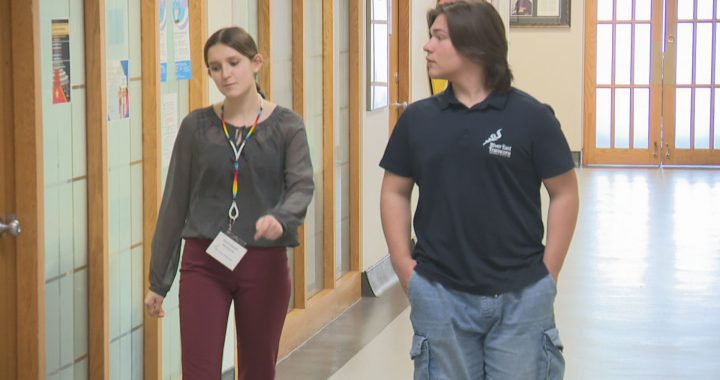

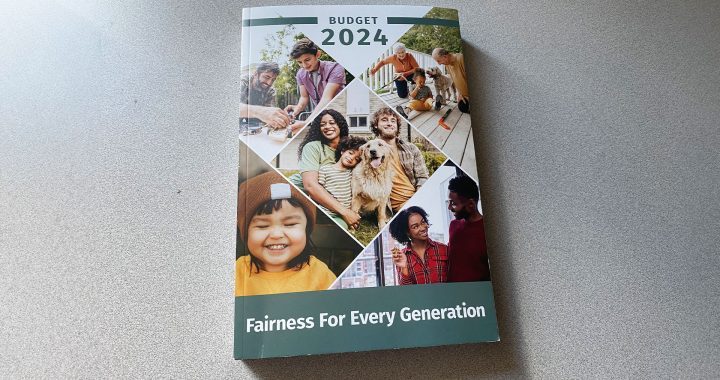
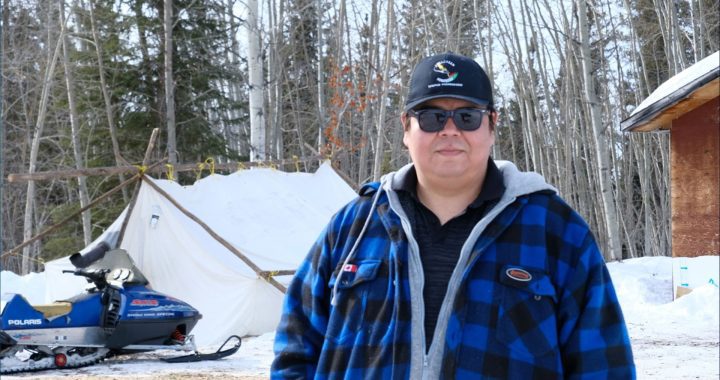
I think you mean to refer to CAEFS (Canadian Association of Elizabeth Fry Societies), not AEFS.
I think you mean to refer to CAEFS (Canadian Association of Elizabeth Fry Societies), not AEFS.
If 38% of all women in locked up are First Nation, Metis or Inuit. That leaves 62% that are not, how is that staggering?
I do feel sorry for the wrongfully convicted and unfairly accused.
But don’t try to start a persecution rally unless the numbers add up to more than half.
I guess it would depend on what percentage First Nation, Inuit and Metis are of the general population. If they are 5%, something is definitely wrong with the system.
because if all Indigenous people are only 5% of the population, but represent 40% of incarcerations, then there are staggering numbers of First Nations women in jail.
We-First Nations, Metis and Inuit make up only 6%of the population. Educate yourself before you comment
If 38% of all women in locked up are First Nation, Metis or Inuit. That leaves 62% that are not, how is that staggering?
I do feel sorry for the wrongfully convicted and unfairly accused.
But don’t try to start a persecution rally unless the numbers add up to more than half.
I guess it would depend on what percentage First Nation, Inuit and Metis are of the general population. If they are 5%, something is definitely wrong with the system.
because if all Indigenous people are only 5% of the population, but represent 40% of incarcerations, then there are staggering numbers of First Nations women in jail.
We-First Nations, Metis and Inuit make up only 6%of the population. Educate yourself before you comment